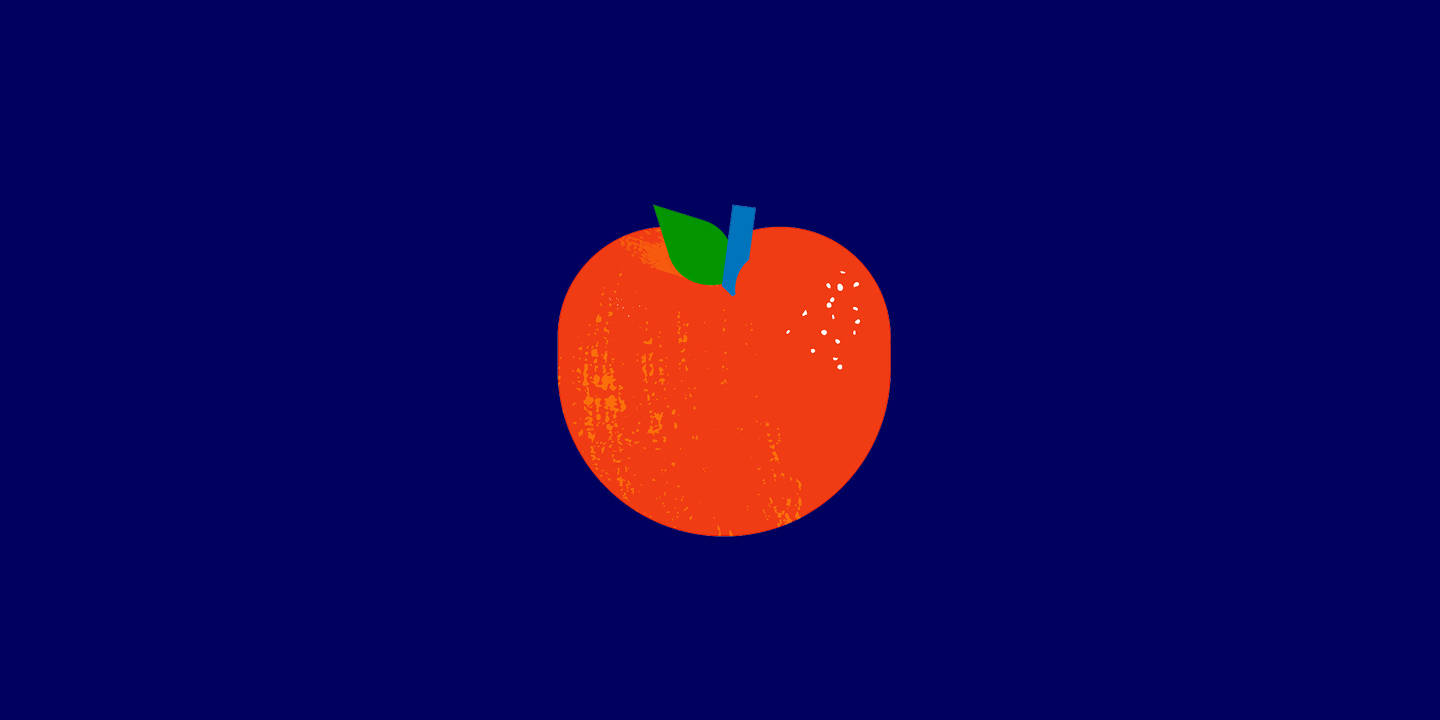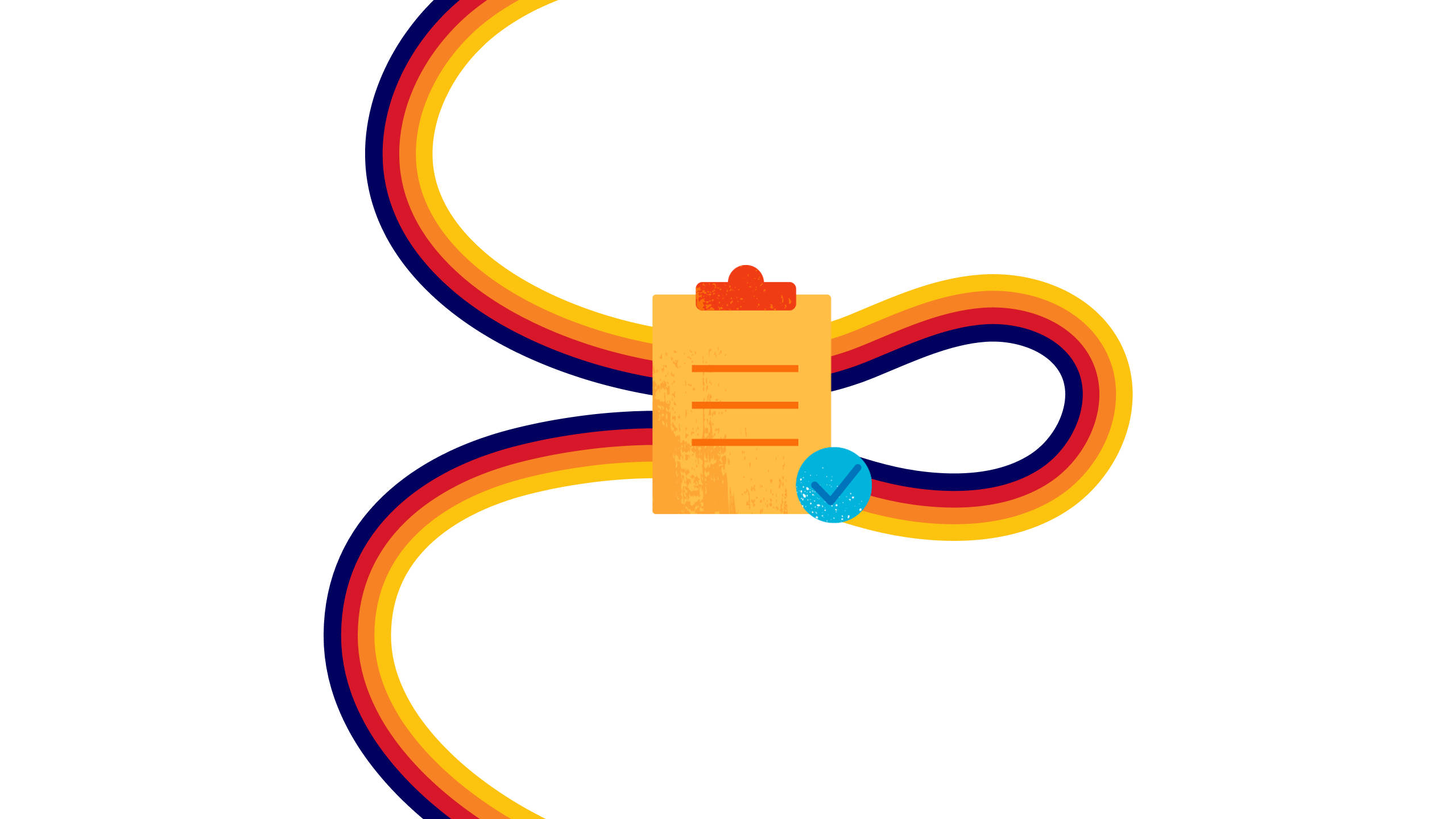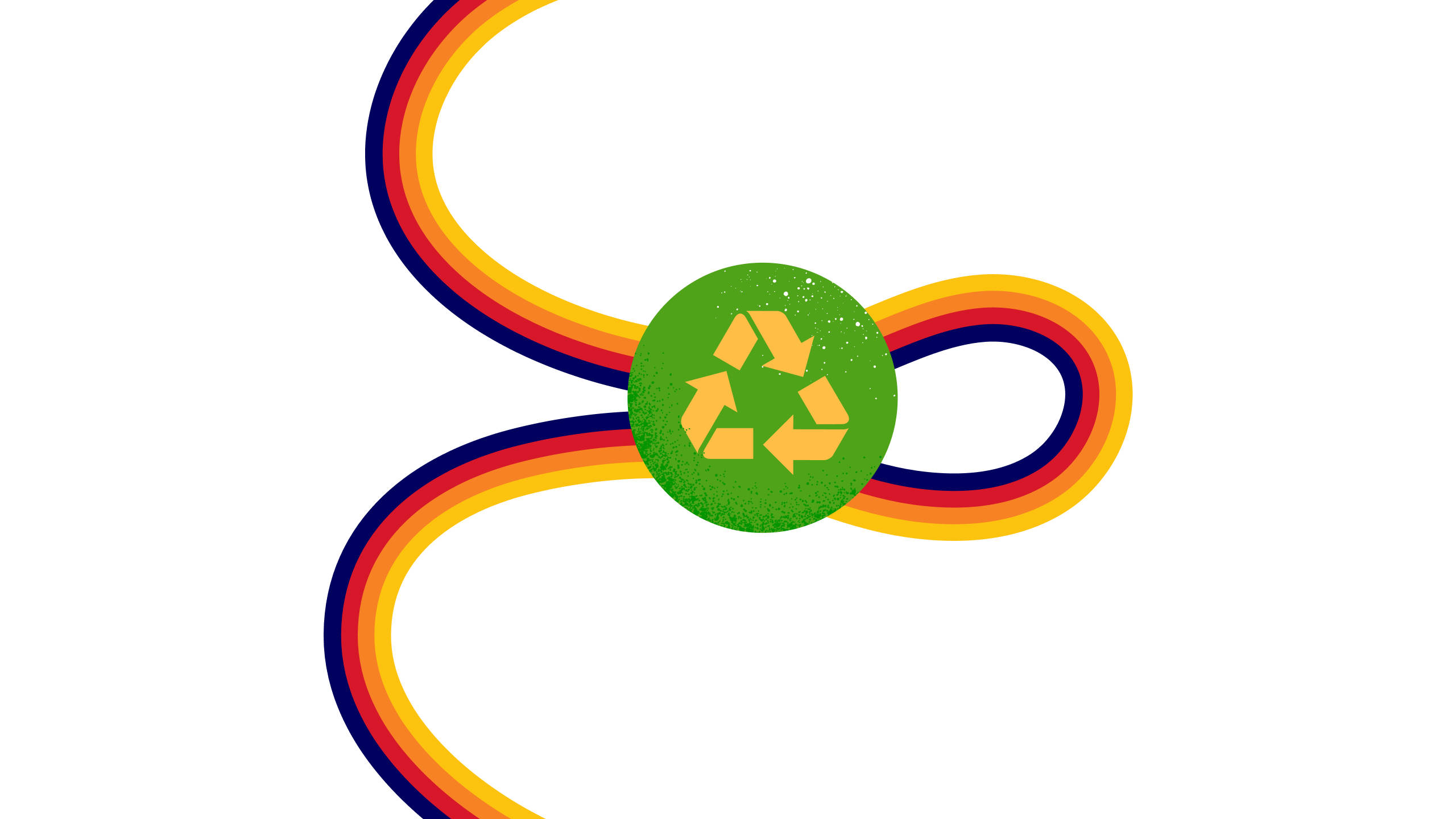
We’re thrilled to be named the 2023 'Green Supermarket of the Year' in the Finder Green Awards. This award recognises our sustainability achievements, and ongoing efforts in collaboration with our suppliers and industry partners.
Our sustainability initiatives are guided by four areas of focus: Good Planet, Good Community, Good Health and Good Business.
Learn more about these four areas below and discover how we can make a Good Difference together.
Soft Plastics Recycling update
Some in-store products may display a logo saying that packaging can be returned for recycling.
Please check with your local council for recycling initiatives.







